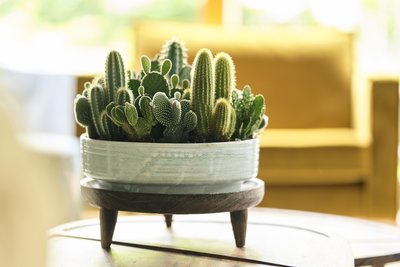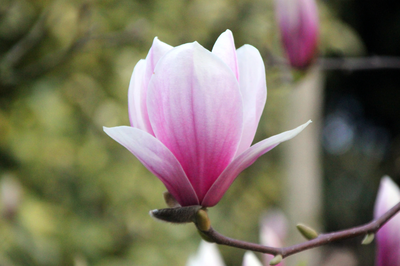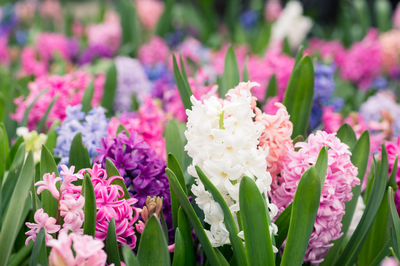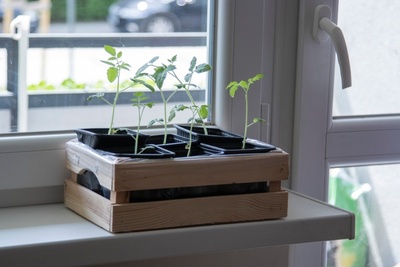
If you’re looking for hard-to-kill houseplants, a cactus is just what you need. This huge group of plants comes in all shapes and sizes, from tiny furry specimens to prickly giants, so there’s one to suit every taste. And they’re very easy to grow - just follow our simple guide.
What are cacti?
Cacti are part of a large group of plants called succulents that can store water in their leaves or stems, enabling them to survive in dry climates. Most cacti have prickles or spines, which protect them in the wild from passing animals that fancy a juicy snack.
Where to grow cacti
Like most succulents, cacti like a dry atmosphere, so centrally heated houses, which can be a problem for some houseplants, are ideal for them. They love the sun and will be happy on a south-facing windowsill. Larger varieties can even be placed outside in summer to give them the full benefit of the sunshine.
Don’t grow sun-loving succulents like cacti in terrariums, as the enclosing sides create a humid atmosphere that isn’t good for them. Instead, go for individual pots, or plant arrangements of cacti together in shallow bowls top-dressed with gravel.
When planting cacti, it’s essential to use a very free-draining compost. You can buy special cactus compost, or use a mix of two-thirds loam-based compost and one-third horticultural grit.
Care tips for cacti
-
Cacti are very easy to care for. To keep them looking their best, simply follow these tips:
-
Don’t place them too near a radiator, as they may dry out and start to shrivel.
-
Although they can survive drought, cacti will appreciate being watered during their growing period from spring to autumn. Allow the compost to just dry out between waterings, and don’t leave the pots sitting in drip trays filled with water.
-
Cacti flower better if they are allowed to go dormant in winter. To encourage this, move them in autumn to a cool, bright spot and water very sparingly, just enough to prevent the plants shrivelling. In spring, move them back to a warmer spot.
-
If possible, always water with rainwater, as tap water contains chemicals that can build up in the compost.
-
Feed monthly with a liquid houseplant or cactus feed.
-
Ensure the plants have good ventilation.
-
If you need to repot a cactus, the best time to do it is in spring. Don’t increase the size of the pot too much – a slightly bigger pot will do fine. Use oven gloves to protect your hands when working with very spiny plants.
Growing cacti is both fun and fascinating, so if you’d like to give it a try, visit our centre where you’ll find a wide range of cacti and other sensational succulents.




